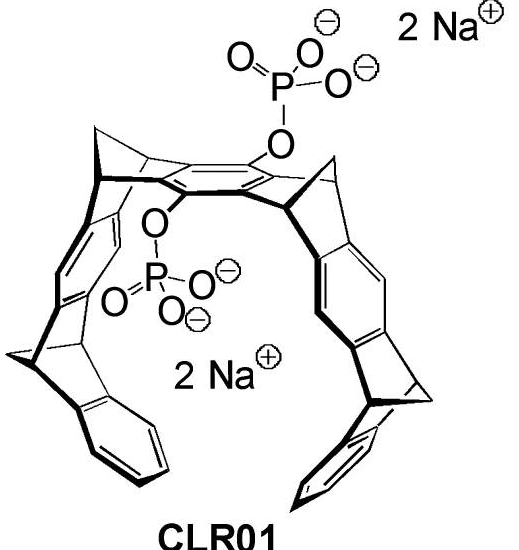Cure Alzheimer’s Fund has received many questions about the value of coconut oil in combatting Alzheimer’s. We’ve asked Rudy Tanzi, Ph.D., to respond to these inquiries generically, knowing that a) there is currently no peer-reviewed clinical research available regarding efficacy of coconut oil in treating or preventing Alzheimer’s, and b) every personal situation and experience is unique. Rudy has agreed to provide his perspective on this, given those two giant caveats. Rudy is chairman of the Cure Alzheimer’s Fund Research Consortium and Joseph P. and Rose F. Kennedy Professor of Neurology, Harvard Medical School; director, Genetics and Aging Research Unit, MassGeneral Institute for Neurodegenerative Disease, Massachusetts General Hospital.
Concerns
Acknowledging that treating patients with any life-threatening and debilitating disease is often a trade-off of risks, we do have some concerns about the use of coconut oil.
First, it must be noted that coconut oil has more saturated fats than lard and can thus be very detrimental for the cardiovascular system. In the absence of exercise, coconut oil could be very dangerous for the heart and brain. Coconut oil is most dangerous for the heart when baked or cooked. Thus, uncooked “virgin” coconut oil would probably be preferable over “refined” coconut oil, which has been subjected to high heat and chemical modification, e.g. bleaching.
Possible Explanations for Potential Benefit in Alzheimer’s Disease
If one wished to try coconut oil as a health supplement, virgin (unrefined) coconut oil would be preferable since it contains higher levels of beneficial “polyphenols” (specifically, ferulic acid and p-coumaric acid). Polyphenols in coconut oil could be potentially useful for Alzheimer’s (and other diseases) since they act as antioxidants. Antioxidants help temper the harmful effects of inflammation, e.g., free radical production, which causes so much damage in Alzheimer’s and other diseases involving tissue degeneration.
Some other virgin oils have also been reported to be useful for lowering Alzheimer’s pathology in animal models. These include extra virgin olive oil and virgin grapeseed oil, both of which are high in polyphenol content as well. So, one benefit of coconut oil in Alzheimer’s could derive from polyphenols acting as antioxidants.
The second possible way coconut oil could be useful for Alzheimer’s is based on the high levels of “ketone bodies” in the oil. Coconut oil produces ketone bodies when the fats in the oil are digested by the body. Ketone bodies serve to provide dearly needed “fuel” and energy to the brain when glucose levels are low, as in the case of Alzheimer’s patients. When brain glucose levels are low, the brain breaks down fats to produce ketone bodies as an alternate source of energy. This energy is needed for nerve cell survival and for synaptic activity that underlies learning and memory. Virgin coconut oil contains the fats that can be converted into ketone bodies, which can serve as an alternate energy source for the brain. The ketone bodies could potentially provide energy to nerve cells and synapses in the glucose-deprived brains of Alzheimer’s patients.
Many caregivers for Alzheimer’s patients report that when they give the patient high sugar snacks like candy and ice cream, they perk up and become more alert, at least temporarily. Ketone bodies can also do this by supplementing the brain’s need for glucose by breaking down fats, like those in coconut oil. And, ketone bodies are longer lasting than simply ingesting. So, the results are longer lasting.
In summary, in addition to the polyphenols in coconut oil (acting as antioxidants), it is also possible that the ketone bodies (acting as an alternate energy source for the brain) could underlie the positive effects on Alzheimer’s disease reported by some users of coconut oil. However, it must be emphasized that the use of coconut oil to treat or prevent Alzheimer’s is not supported by any peer-reviewed clinical data; any positive findings are based solely on anecdotal evidence. Finally, since these are fats that can be potentially harmful to the heart, it would be wise to regularly monitor cholesterol and triglyceride levels while taking any form of coconut oil, virgin or refined.







